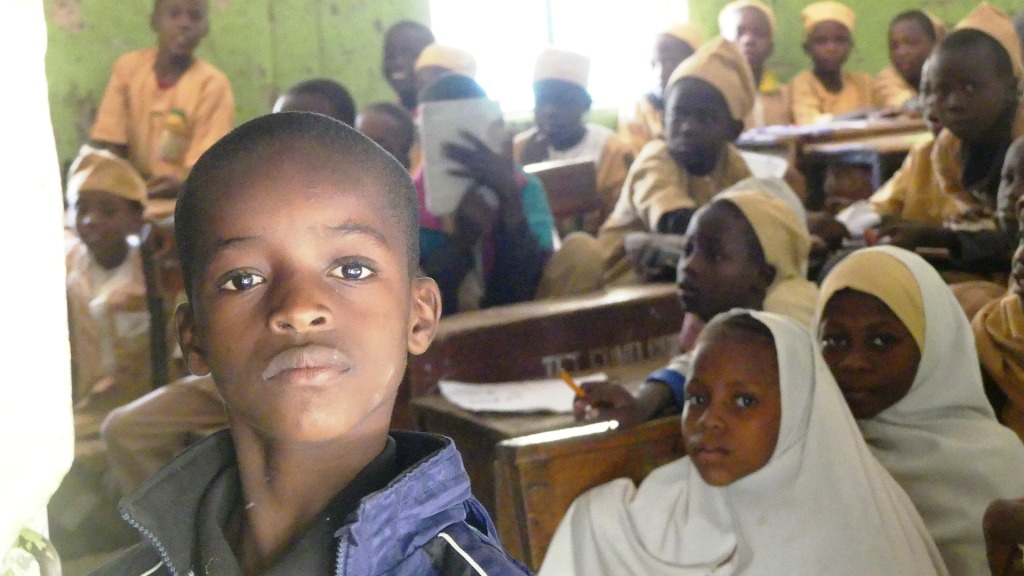A new campaign to increase access to education for children in Nigeria will see bloggers and individual social media users push for more funding for education.
The “Every Child in School” campaign calls on government to increase investment in primary education.
It is based on the concept that the next “Chimamanda Adichie” is not being taught how to read and write, according to a background to the campaign presented by the United Nations Children’s Fund (UNICEF).
More than one in five children of school age not attending school around the world are in Nigeria.
Mobile first
#EveryChildinSchool campaign starts with a “mobile-first” approach to ensure every young person is in education or training by 2030.
UNICEF introduced the campaign to dozens of bloggers, online journalists and social media warriors at a dialogue in Kano.
It is backed by research showing millennials, marked as primary targets for the campaign, go to social media as their source for information and entertainment.
“We are seeking to engage audiences across these channels,” said Eliana Drakopoulos, UNICEF’s chief of communication.
“As bloggers you can be a big part of sharing this message. By sharing on your social media platforms, you can inspire other Nigerians to do the same, creating an avalanche.
“We want to see a groundswell of young Nigerians tweeting about why education is so important in their lives, and saying we want this for other Nigerians too.”

Attrition of traditional journalism
The campaign will require bloggers to use and share assets from the campaign supports anyway they deem fit.
Social media warriors can also create and post their own content around child rights.
The turn to bloggers recognizes the power they have in changing what people read or watch online.
A separate nutrition project last week introduced bloggers and social media warriors to Abuja’s only centre for treatment of acute malnutrition.
Bloggers “have a very good weapon to sway public opinion and define values and norms,” said Dayo Ogundami, an education and development consultant.
“Youths are addicted. The moment they sit down and they have WiFi, they are gone. People are cooking and it is the smell of burnt offering that will remind them they are cooking.”
A social future
The fund’s communication specialist, Geoffrey Njoku, says bloggers must learn to create spaces for children in blogposts, on social media and in online journalism.
“Social media, online journalism and blogs are the future of journalism,” he noted.
“The media can contribute to realize children’s rights in Nigeria. Communication is important in trying to address it. The media can create the environment.”
“Bloggers tend to spread and disseminate faster than traditional media. The spread of information has been accentuated by social media,” said Afolabi Gambari, associate editor at the Cable.
“Something that takes 24 hours to reach the public is a snap on social media.”

 Join Daily Trust WhatsApp Community For Quick Access To News and Happenings Around You.
Join Daily Trust WhatsApp Community For Quick Access To News and Happenings Around You.


